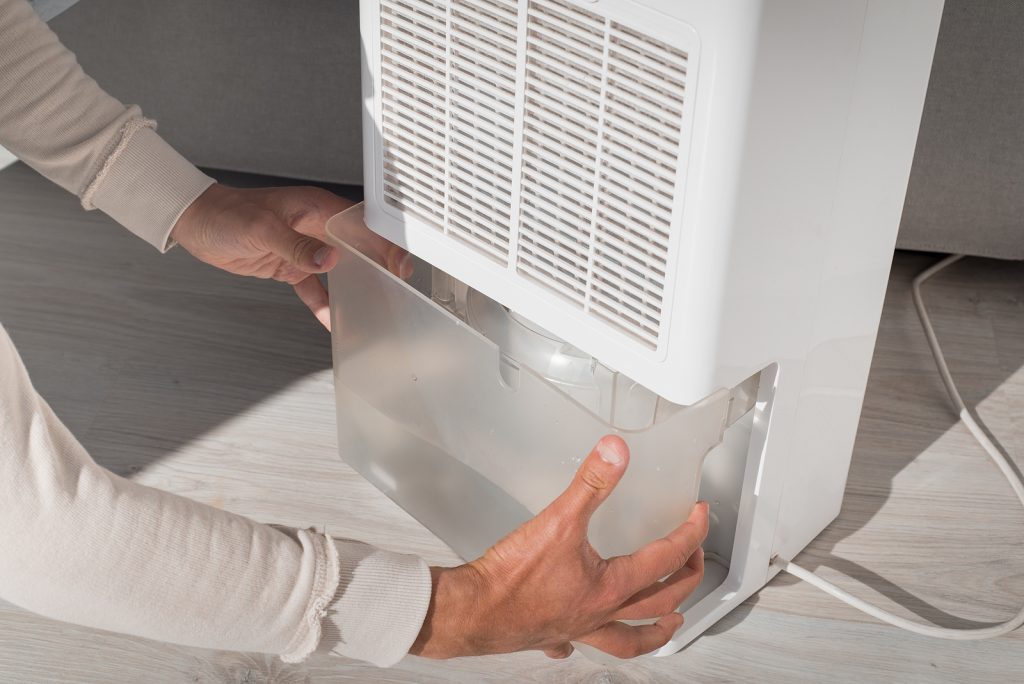What Humidity Level Should My Home Be At?
There is no one-size-fits-all answer to this question. The humidity level that’s best for you will depend on a variety of factors, including the type of heating and cooling system in your home, where you live, and what kind of activities or conditions make your house feel uncomfortable. What’s more, the humidity level you prefer may have to be adjusted throughout the seasons. Some people love their homes feeling warm and dry during the winter but want them to feel cool, comfortable, and damp in summer.

Low Humidity Levels
Humidity levels that are too low can make you feel uncomfortable and can damage some of your home’s structures. Low humidity levels also make the air feel colder, which means you may be tempted to crank up the heat even more than usual. Lowering your home’s humidity further and possibly instigating moisture, related problems such as dry skin or static electricity. What’s more, certain health conditions, such as asthma and allergies, can be worsened by extremely dry air.
High Humidity Levels
Too much humidity is not good for your house either. When humidity levels rise too high, mold spores can spread wildly throughout your home. What’s more, mold has been shown to release allergens that could exacerbate asthma symptoms or otherwise harm those with respiratory problems. High humidity can also lead to several types of structural damage, such as wood rot and peeling paint. What’s more, the air tends to feel closer and warmer when humidity levels are high.
Summer Season
Your air conditioning system will dehumidify your home in the summer. What does this mean for you? You can feel comfortable knowing that high humidity levels in your house will not make you sweat the way they would in winter. What’s more, any discomfort felt during the summer months is generally related to air quality issues such as mold, mildew, and dust mites.
Winter Season
For most people, wintertime means keeping your thermostat set at or below a certain temperature to stay warm. What does this mean for you when it comes to humidity levels? Your humidifier will be cranking away whenever you have your heating system on. What’s more, if your home tends to get too dry in wintertime despite proper use of the humidifier, consider adding steam or taking hot showers. Ideally, you should have a hygrometer to measure humidity levels in your home.
Get in touch with our team today
We have you covered if you are having problems with humidity in your house. Get in touch with our team today at 540-373-5876 and choose the right humidifier for your home. Our team of experts will be more than happy to assist you and help you to choose the right humidifier for your specific needs.

